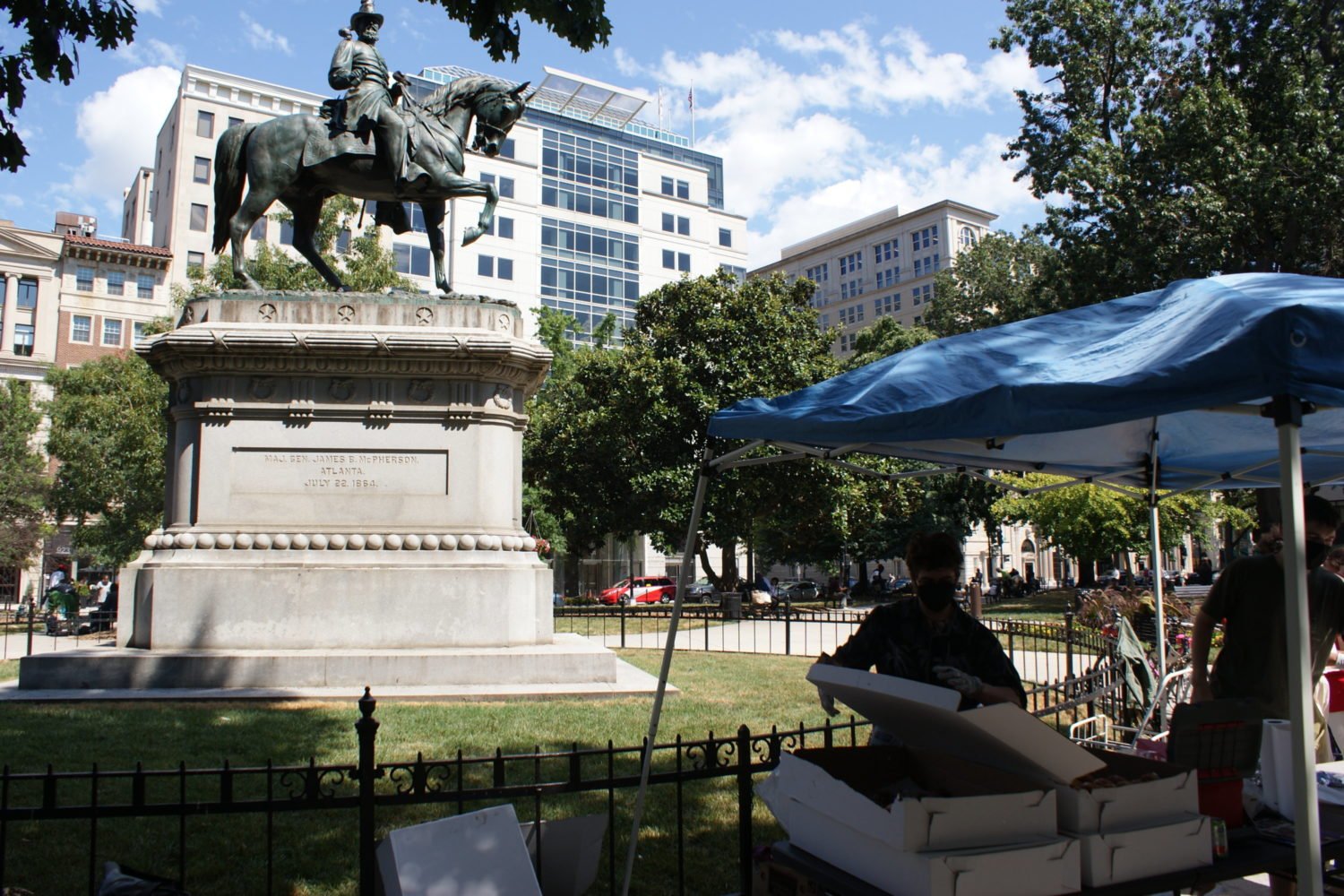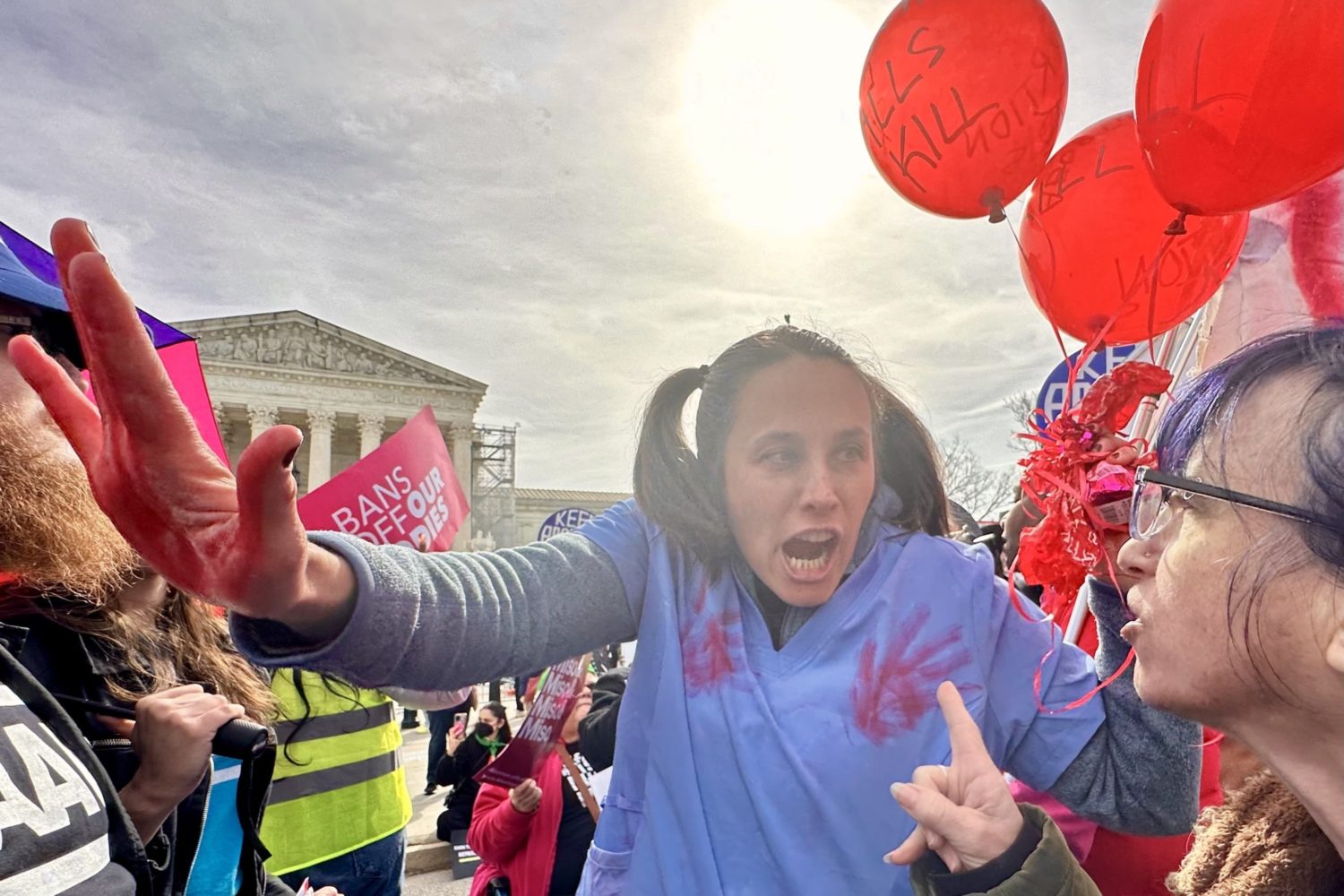The Supreme Court vacated the 2014 conviction of former Virginia Governor Bob McDonnell on bribery and corruption charges, allowing McDonnell to avoid serving a two-year prison sentence but also leaving open the window that he might face another trial.
Chief Justice John Roberts made the ruling in a unanimous decision
McDonnell and his wife, Maureen, had been found guilty on 11 counts after a jury determined they had accepted cash, luxury goods, and vacations from the chief executive of a nutritional supplement manufacturer in exchange for promotion by the Virginia government during McDonnell’s term in office. Among the things furnished by Johnnie R. Williams, the former CEO of Star Scientific, were a Rolex watch, designer clothing, and payments for one of the the McDonnells’ daughter’s wedding.
During McDonnell’s original trial, federal prosecutors argued that McDonnell’s acceptance of Williams’s gifts—which were not illegal under Virginia law—constituted an “official act.” But prosecutors and McDonnell’s attorneys never agreed on a clean definition of “official act,” leaving the jurors with potentially murky instructions when making their decision. This uncertainty, Roberts writes, is why the Supreme Court is both overturning Roberts’s conviction and leaving open the possibility of a second trial.
“Because the parties have not had an opportunity to address that question in light of the interpretation … adopted by this Court, we leave it for the Court of Appeals to resolve in the first instance,” Roberts writes. “If the court below determines that there is sufficient evidence for a jury to convict Governor McDonnell of committing or agreeing to commit an ‘official act,’ his case may be set for a new trial. If the court instead determines that the evidence is insufficient, the charges against him must be dismissed. We express no view on that question. ”
But Roberts’s opinion doesn’t clear McDonnell entirely, at least on moral grounds. The closing lines make reference to the many gifts the McDonnells accepted over the years, including the watches and jewelry, and when Williams let McDonnell borrow a Ferrari, which was famously documented in the government’s original case against the governor.
“There is no doubt that this case is distasteful; it may be worse than that,” Roberts writes. “But our concern is not with tawdry tales of Ferraris, Rolexes, and ball gowns. It is instead with the broader legal implications of the Government’s boundless interpretation of the federal bribery statute.”




















